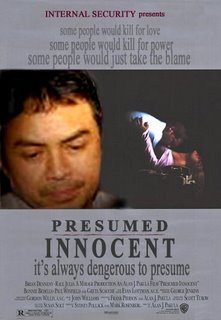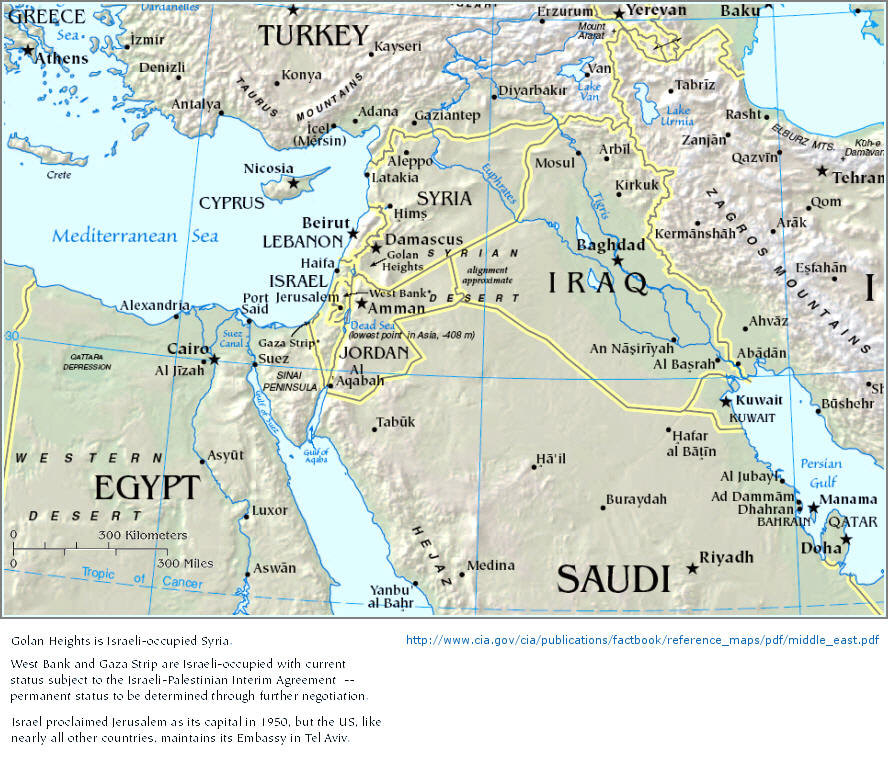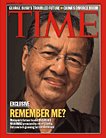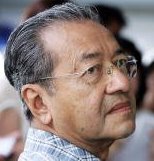Invest Malaysia Last
 Singapore seems to be doing whatever it can to reduce its dependence on its traditional hinterland -- Malaysia.
Singapore seems to be doing whatever it can to reduce its dependence on its traditional hinterland -- Malaysia.
It's quite obvious that Singapore leaders have been making a beeline to the Middle East lately to help develop better guangxi with the rich Arabs. Malaysia has not profiled as prominently in the Singapore agenda despite their closer geographical and historical links.
In fact, Singapore Senior Minister Goh Chok Tong revealed as much when he was cited by The Straits Times in a report dated 29 Nov 2006:
Though he had worked very hard on ties with Malaysia, Mr Goh said it was unfortunate that both were bogged down with bilateral issues.
But with the change of leadership in the two countries, he said their prime ministers could now look more to the future.
He noted that past contentious issues, such as building a new bridge to replace the Causeway and the sale of water to Singapore, were no longer on the table.
'And the other issues, we should have a look to see how to resolve them. If we can't, put them aside and look at them later. But in the meantime, (we should) look at common areas where we can work together.'
He found it ironic that he, Minister Mentor Lee Kuan Yew and Prime Minister Lee Hsien Loong were on missions 'to get Singapore companies to invest far away from Malaysia'.
Singapore PM Lee is more subtle, saying that the government will help Singapore firms venture into the Middle East at the end of his trip. Nothing terribly unusual here but he also said that Singapore could promote greater engagement with the region by encouraging Singaporeans to learn Arabic as a third language.
'Not everybody will do it, but we study French, we study German, we study Japanese, why not study Arabic? It's an important part of the world and there are opportunities here,' he said in ST today.
It sounds reasonable as Singapore forges closer links with the Middle East. But is it too much to ask Singaporeans to pick up Arabic when most of them can't even speak basic Malay, which is the lingua franca of Southeast Asia? Malay is also a much simpler language compared to Arabic. Many Singaporeans don't even know how to sing the national anthem Majulah Singapura, which is in Malay.
Singapore must diversify its economic interests but it simply cannot move away from Malaysia. Many Singaporeans, including businessmen, will continue to flock to Malaysia for pleasure and business, and vice versa. This will continue despite the inability of the two goverments to resolve their differences.
The historical links are simply too great. Malaysia and Singapore are like Siamese twins, according to a late Malaysian minister.




























 As expected, Malaysian Prime Minister Abdullah Ahmad Badawi has
As expected, Malaysian Prime Minister Abdullah Ahmad Badawi has 





